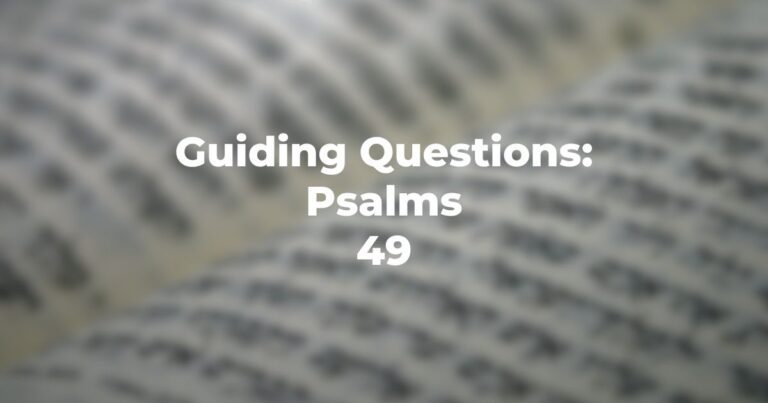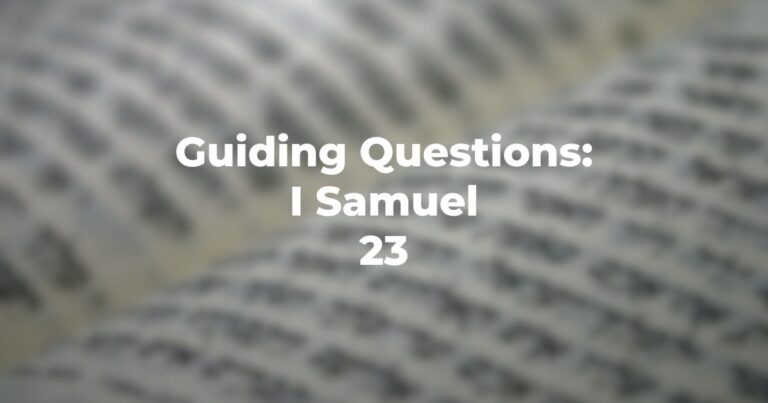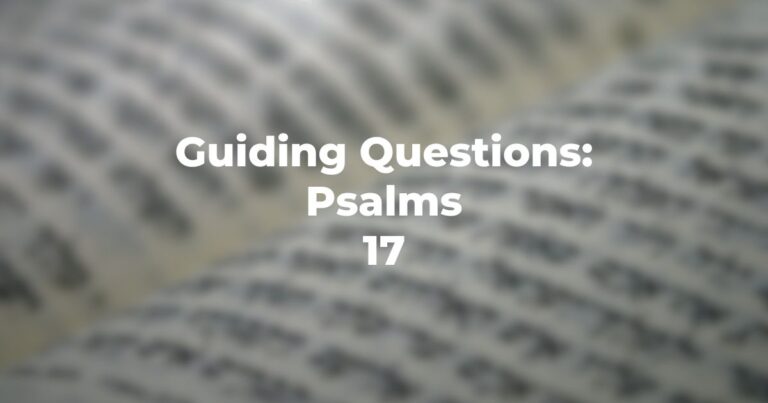- Why would this chapter seem to indicate that this is another attestation that freedom is not “from” but “for?”
- And, does this chapter indicate that “memory is very selective?”
- Does the TorahRefers to the first five books of the Hebrew Bible, the Tanakh, also called the Five Books of Moses, Pentateuch or the Hebrew equivalent, Humash. This is also called the Written Torah. The term may also refer to teachings that expound on Jewish tradition. Read more appear to indicate that present problems always make past problems, however massive they were, seem inconsequential?
- The Torah appears to give the Israelites every chance to be loyal — i.e. if they are hungry they probably cannot think straight or, testing must give the one tested every opportunity to respond correctly?
- And, does the text imply that the “unusual events” are not intended to establish God’s reputation but, basically to solve practical problems which might not be solved in other ways?
- Does the hinting at a “new day” refer to the Shabbat and does this seem to incipient “the doctrine of free choice?”
- Why do the Israelites complain — what did they need?
- How do they describe their recent life in Egypt?
- Is there any indication that some of the Habiru disagreed with the description?
- Why in Exodus 16:4 is the “food from above” connected with testing?
- How is the word “beTorati” to be understood; is Torah here used as a book?
- Why does the Torah not say that B’nai Yisrael would be forced to do the right thing? Why should there be a question?
- Why twice as much on the sixth day?
- Does this narration indicate that community life posits equitable distribution; is greed, then, non-Jewish from the very outset of our history?
- Does the Torah clearly state that good advice will not necessarily mean that the people will be obedient?
- And, where Mosheh is concerned, does this narrative attest to the fact that he is a leader but not a demi-god (he is human and can become angry)?
- How does this narrative explain/introduce the Shabbat idea?
- And how does this narrative introduce the idea of “kadosh” as unique/different?
- Is there a problem in trying to teach too much, too soon (the Shabbat, kadosh, confidence) without attendant detail?
- Does the mun have any “special powers” when eaten?
- What is mun supposed to do?
- Do the strong get more, the weak less?
- What two actions show that the Israelites still think that freedom means doing what you want instead of what is right?
- Is there any punishment for disobeying? (If no — why not?)
- How does Exodus 16:29 show that Shabbat is not meant to be a day of “doing without?”
- But, does the Torah tell (here) what you do do on Shabbat?
Author
-

Exploring Judaism is the digital home for Conservative/Masorti Judaism, embracing the beauty and complexity of Judaism, and our personal search for meaning, learning, and connecting. Our goal is to create content based on three core framing: Meaning-Making (Why?), Practical Living (How?), and Explainers (What?).
View all posts





